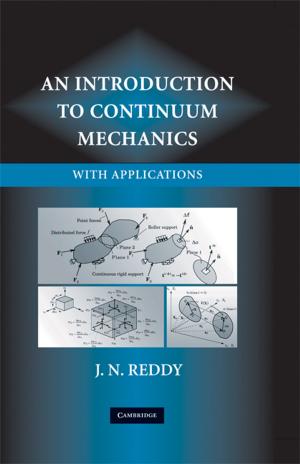Python for Scientists
Nonfiction, Science & Nature, Mathematics, Computers, Programming, Programming Languages, General Computing| Author: | John M. Stewart | ISBN: | 9781108183765 |
| Publisher: | Cambridge University Press | Publication: | July 20, 2017 |
| Imprint: | Cambridge University Press | Language: | English |
| Author: | John M. Stewart |
| ISBN: | 9781108183765 |
| Publisher: | Cambridge University Press |
| Publication: | July 20, 2017 |
| Imprint: | Cambridge University Press |
| Language: | English |
Scientific Python is a significant public domain alternative to expensive proprietary software packages. This book teaches from scratch everything the working scientist needs to know using copious, downloadable, useful and adaptable code snippets. Readers will discover how easy it is to implement and test non-trivial mathematical algorithms and will be guided through the many freely available add-on modules. A range of examples, relevant to many different fields, illustrate the language's capabilities. The author also shows how to use pre-existing legacy code (usually in Fortran77) within the Python environment, thus avoiding the need to master the original code. In this new edition, several chapters have been re-written to reflect the IPython notebook style. With an extended index, an entirely new chapter discussing SymPy and a substantial increase in the number of code snippets, researchers and research students will be able to quickly acquire all the skills needed for using Python effectively.
Scientific Python is a significant public domain alternative to expensive proprietary software packages. This book teaches from scratch everything the working scientist needs to know using copious, downloadable, useful and adaptable code snippets. Readers will discover how easy it is to implement and test non-trivial mathematical algorithms and will be guided through the many freely available add-on modules. A range of examples, relevant to many different fields, illustrate the language's capabilities. The author also shows how to use pre-existing legacy code (usually in Fortran77) within the Python environment, thus avoiding the need to master the original code. In this new edition, several chapters have been re-written to reflect the IPython notebook style. With an extended index, an entirely new chapter discussing SymPy and a substantial increase in the number of code snippets, researchers and research students will be able to quickly acquire all the skills needed for using Python effectively.















